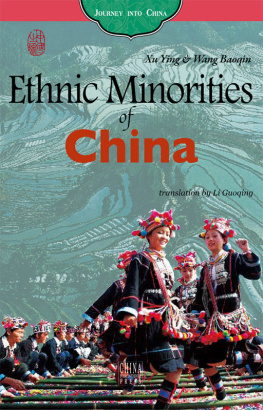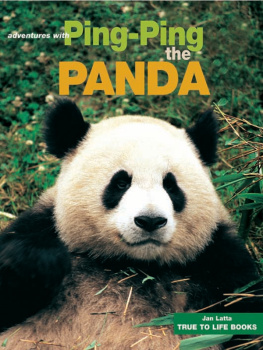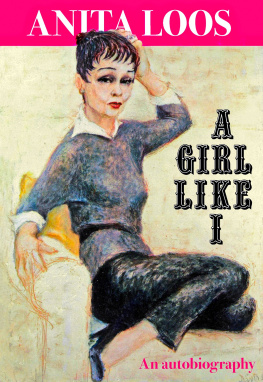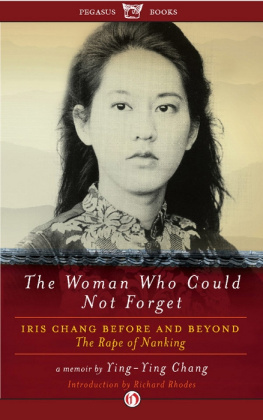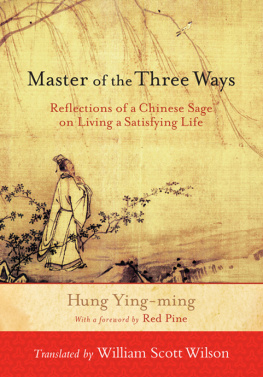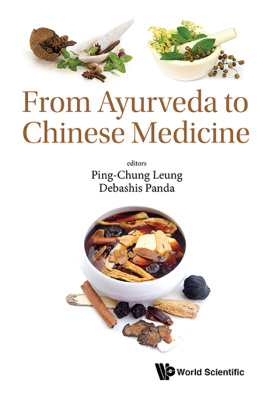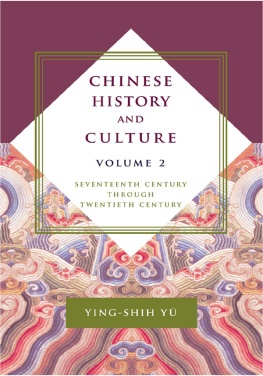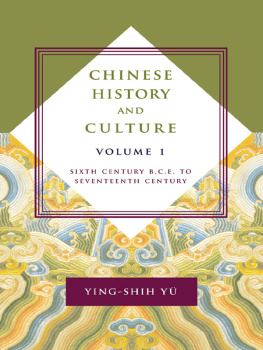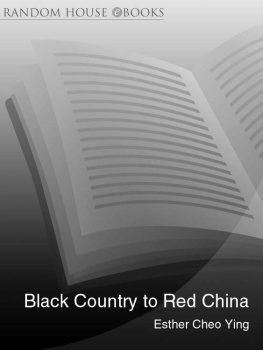First published in 1944 by
Kegan Paul International
This edition first published in 2010 by
Routledge
2 Park Square, Milton Park, Abingdon, Oxon, 0X14 4RN
Simultaneously published in the USA and Canada
by Routledge
270 Madison Avenue, New York, NY 10016
Routledge is an imprint of the Taylor & Francis Group, an informa business
Transferred to Digital Printing 2010
All rights reserved. No part of this book may be reprinted or reproduced or utilised in any form or by any electronic, mechanical, or other means, now known or hereafter invented, including photocopying and recording, or in any information storage or retrieval system, without permission in writing from the publishers.
British Library Cataloguing in Publication Data
A catalogue record for this book is available from the British Library
ISBN 10: 0-7103-1041-2 (hbk)
ISBN 13: 978-0-7103-1041-5 (hbk)
Publisher's Note
The publisher has gone to great lengths to ensure the quality of this reprint but points out that some imperfections in the original copies may be apparent. The publisher has made every effort to contact original copyright holders and would welcome correspondence from those they have been unable to trace.
PREFACE
WHEN I was a child my chosen plate at breakfast-time was blue and Chinese, with a primitive version of the then ubiquitous willow-pattern. I had selected it from a cabinet of china not regarded by my family as usable, yet no one seemed to conceive that it might be too precious to use; I carried it off after breakfast to wherever my mother might be, following her about until I could persuade her to rehearse the daily ritual of the plate, its familiar rubric dear to children before me:
Two little birds flying high;
A little vessel sailing by;
A lord and lady from the house
By that plate I believed China to be a tranquil, unchanging place, not like the turbulent, confused, dark Northern town which was all I knew. Life there must be orderly, comely; its people were sedate, everyone had his place, his function; where everything was so desirable in its beauty, no one ever wanted to do and be otherwise than he was doing and being.
This childhood impression became explicit as one grew older and learnt there were more remarkable paintings of China to be seenbut all commemorating that tranquil, paradisal air, and inhabited by that orderly, comely people apparently guided by grace and desirous of living by the light of reason. It revived in me as lately as the appearance of those miraculous translated poems by which Mr. Arthur Waley created in us a momentary illusion that we could read Chinese.
By that time, though, I had learnt that the peoples of China arelike the rest of ussubject to the Spirit of Mutability. As I had been growing older, fragmentary news came from time to time that the passion of change which was tormenting the rest of us had seized China too. China had once achieved a culture and a life so nearly perfect in exquisiteness and wisdom that it had tried to stabilise this, ensure its endurance. But growth controls our whole earth: to arrest perfection is to petrify it. A populace is subject to crowd-psychology; but, before that asserts control, something is secreted here and there in silence; into a stock that has accepted inherited laws for generations a child is born that is an incarnate revulsion from them. This happens here and there, then often, and throughout great areas and populations in a short time. These isolated revulsions move toward each other unconsciously, in as great a mystery as any other phenomenon of growth. When they recognise each other, a Revolution begins.
Here, in Miss Min Kon's vivid, first-hand Autobiography, we can watch the appearance of such a unit of revulsion. Some unrecognised principle in her mind in childhood moved blindly and without guidance to possess her. She appears among brothers and sisters who are submissive, pious to their ancestors, content to live by ancient wisdom and the illumination of tradition. Her father is content, too: she is the only one in the family of a nature like the mother's, who embodies the traditionyet she is the one to reject it. There is a furious passion of life in these two women, and the daughter shows us with creative genius how this same passion moves in the motherwith a pitilessness which might be unacknowledged despairto hold to the dying order at the daughter's expense, and in the daughter to destroy all that is dear to the mother.
Mr. Tsui Chi has brought considerable gifts of scholarship and literature toward helping us to understand the forces that have changed China, and have brought its people into alliance with Britain and America: we owe to him the most useful account, so far, of his country's history, both ancient and recent, which is available in English; and now also this convincing translation of his country-woman's storywhich he has made more valuable by the first account given here of China's contemporary literature and its creators, and the influence on them of modern European writers.
To read this story of a still-young woman from a remote village in China is at first like watching the germination of a cell that is to develop a ferment in some mass of living organisms; but presently the development of a personality and something more, until Miss Min Kon becomes at last a symbol of her nation's new power and purpose. She is significant of something more than herself when, on reaching the outside world from her patriarchal home's seclusion, her first act is to unbind her golden lily feet; and again when, having entered the Revolutionary Army and learnt to kill, she marches to her first battleone of a troop of delicately nurtured girlsthrough a mountain pass in danger and darkness, and suddenly, breaking a night-long silence, they sing together joyfully and meet the sunrise.
GORDON BOTTOMLEY.
13th February 1943.
INTRODUCTION
IN the quarter of a century preceding the present war, China underwent many changes. Blue sea became the mulberry woods, and mulberry woods the blue sea, such is an ancient Chinese saying, and modern China can be likened to it. At the beginning of this quarter of a century the Chinese woman still concealed herself in her boudoir, and confined herself to needlework and embroidery, cooking and washing, and sometimes painting and composing poetry. Parents still retained their claim, like that of Egeus to Hermia: To you your father should be as a god; one that compos'd your beauties; yea and one to whom you are but as a form in wax by him imprinted; and within his power to leave the figure, or disfigure it. Politically, China had just destroyed a monarchic system, and was without a valid new regime. New doctrines were pouring in to fill the gap and many political groups were growing in the country.





